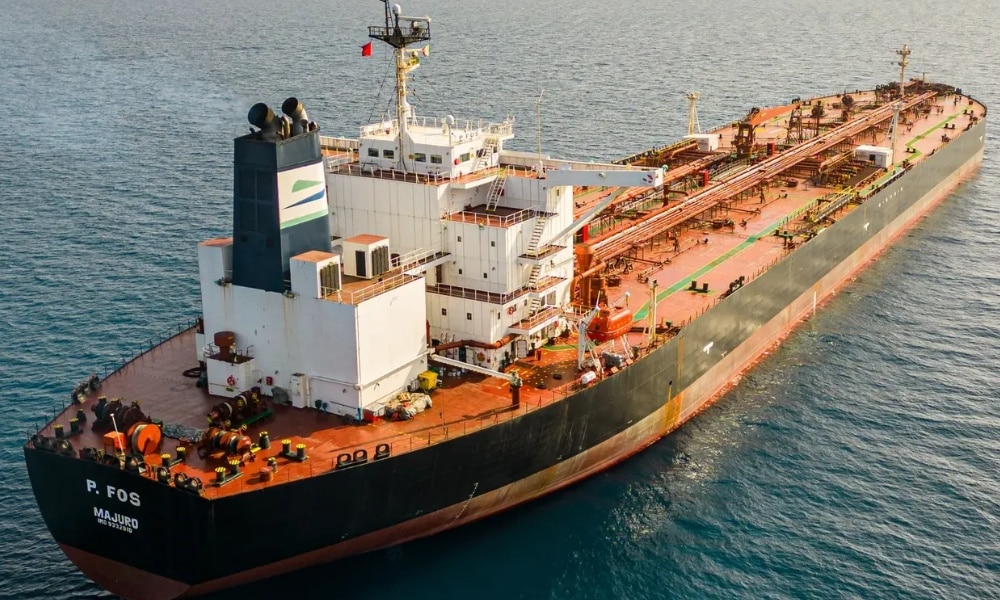Shipping Industry Faces Record Flag-Hopping in 2025

The latest report from Clarksons Research’s World Fleet Monitor reveals alarming trends in the shipping industry as geopolitical tensions escalate in 2025. The phenomenon of flag-hopping has surged to unprecedented levels, with over half of sanctioned vessels operating under fraudulent registries. This situation complicates efforts by authorities to regulate maritime activities effectively.
Surge in Fraudulent Registries
Recent analysis by maritime analytics firm Windward indicates that the practice of flag-hopping is at an all-time high, with twelve fraudulent registries currently in operation. Notably, more than 57% of sanctioned tankers are either falsely flagged or untraceable in the International Maritime Organization’s databases. The data highlights a significant challenge for maritime authorities as they attempt to enforce sanctions and monitor shipping activities.
One striking example is Benin, whose ship registry has astonishingly increased by nearly 50,000% this year. This surge has attracted attention, particularly after the French authorities detained the Benin-flagged vessel, the *Boracay*, which was linked to a drone incident at Copenhagen airport. Similarly, Gambia’s registry has expanded by 574% in 2025, further illustrating the rapid changes in flag registrations.
The Comoros Islands, which recently emerged as a significant player in global shipping, has seen its registry drop from 9.9 million gross tons in September to 7.8 million gross tons due to a government crackdown on its international registry. This decline follows sanctions imposed by the European Union and the United Kingdom on Intershipping Services, a UAE-based company managing the registries of Comoros and Gabon, both associated with the transport of Russian crude oil.
Geopolitical Impacts on Shipping Registries
The shifting landscape of flag registrations reflects the ongoing struggle of Western authorities to combat the so-called “dark fleet.” The fluctuating numbers illustrate the complexities involved in regulating maritime operations amid geopolitical tensions. As countries impose sanctions, shipping companies are forced to adapt quickly, often resorting to dubious practices to maintain operations.
Tankers Sanctioned by U.S. are Part of a False Flag Operation Says Guyana
At the top of the flag rankings, Liberia has solidified its position with a commanding lead of over 50 million gross tons, far surpassing Panama. In a notable shift, Singapore is poised to overtake Hong Kong in the next World Fleet Monitor publication, following the relocation of Pacific Basin and Seaspan from Hong Kong to avoid port fees imposed by the Trump administration.
The evolving dynamics of global trade have transformed shipping from a neutral facilitator of commerce into a tool of statecraft. As noted by Greece’s Xclusiv Shipbrokers, navigating this new regulatory environment is becoming increasingly complex and costly for ship owners and charterers alike. The maritime industry must now contend with a landscape where compliance and operational strategies are inextricably linked to geopolitical developments.
